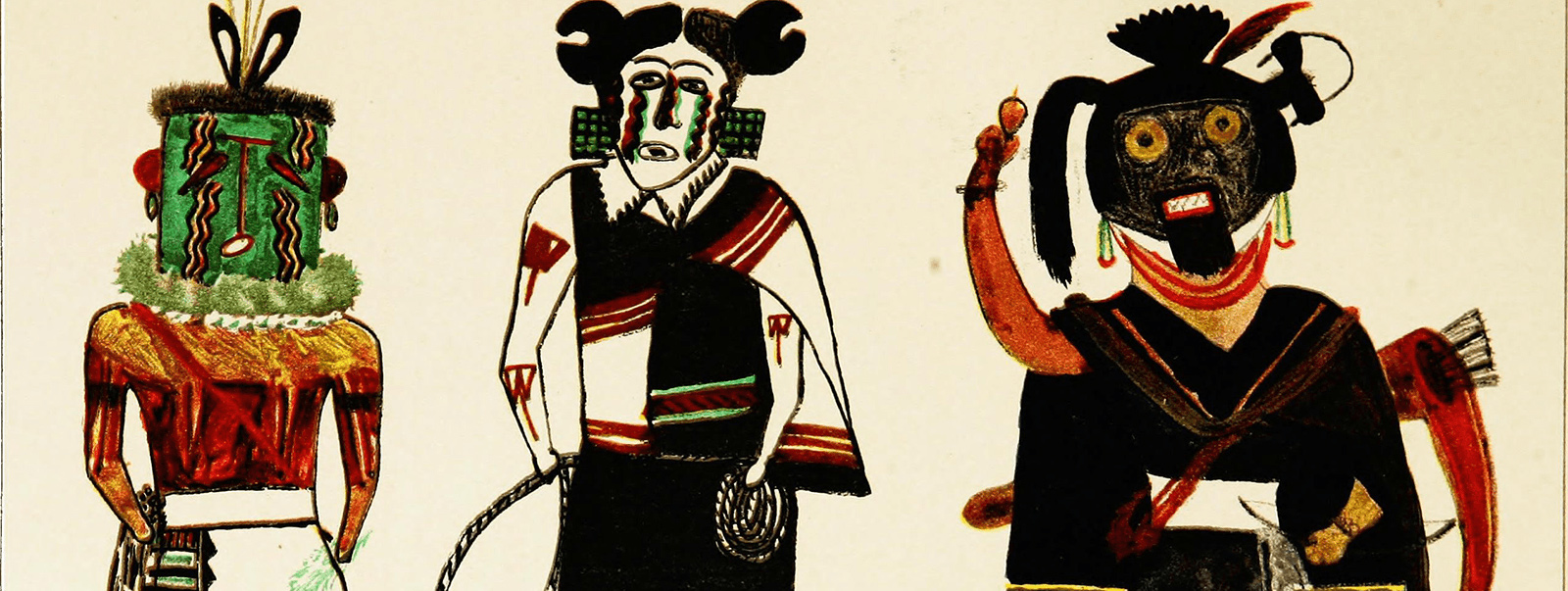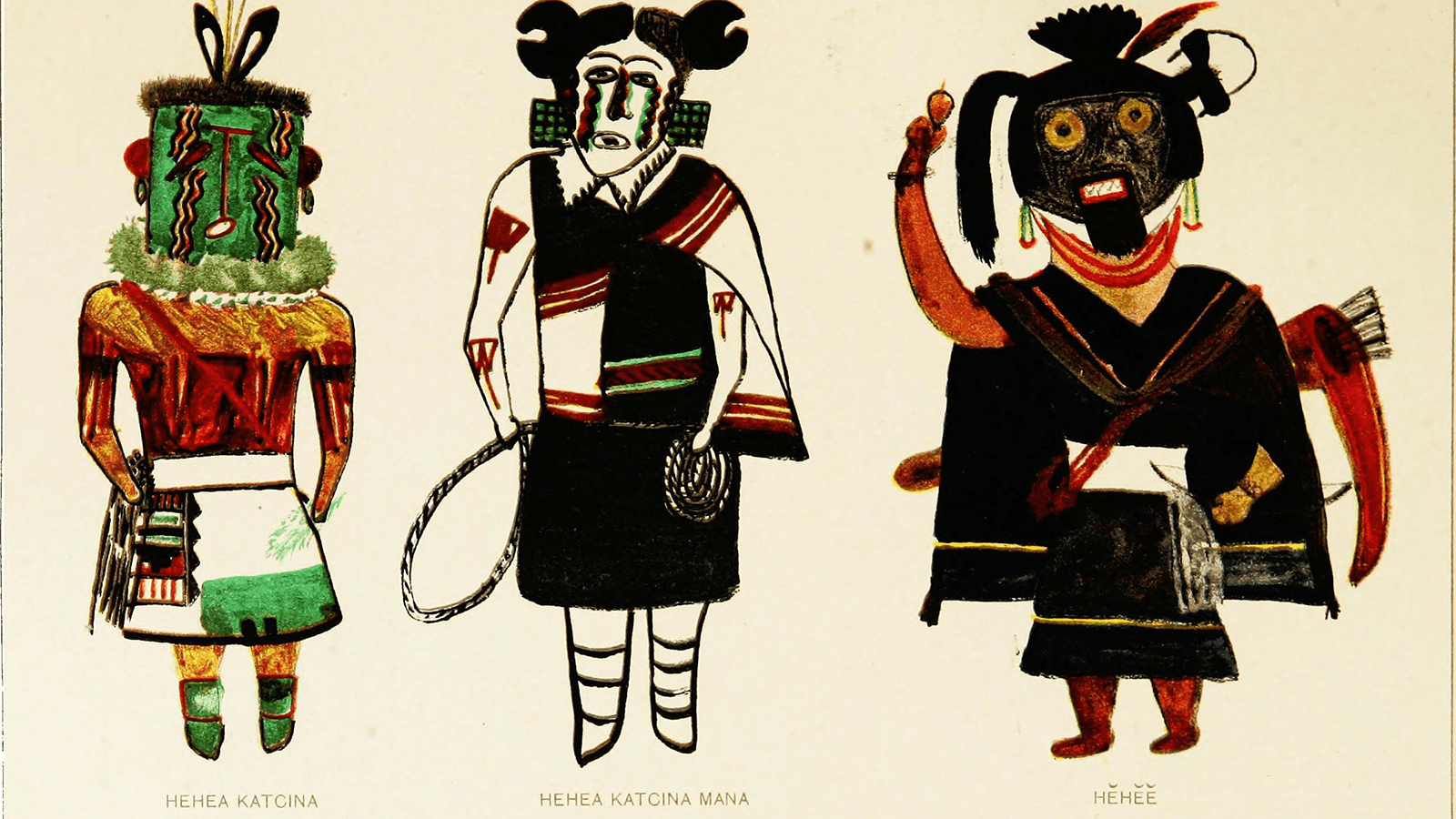Autobiographical Indiscipline: Queering American Indian Life Narratives
Alicia Cox
Comparative Literature
UC Irvine
Autobiographical Indiscipline: Queering American Indian Life Narratives offers queer readings of the as-told-to autobiographies of Hopi people who lived during the assimilation era of federal Indian policy in the late nineteenth and early twentieth centuries. The book focuses on these autobiographers’ narrations of their experiences as students at Indian boarding schools. These schools, with their coercive systems of discipline and punishment, were foundational to settler-colonial constructions of normative gender, sexual, and racial identities and practices. The author develops a theory of autobiographical indiscipline to name the authors’ narrative strategy of resisting colonial disciplining through intercultural, cooperative processes of storytelling and knowledge production. The book suggests that recent developments in queer indigenous studies and indigenous feminist theories provide lenses for understanding works of as-told-to autobiography, which are produced through Indian oral storytellers’ collaboration with non-Native transcribers, as stories of indigenous peoples’ refusal to conform to the colonizing imperative of egotistical individualism. Rather than failing to write their own stories, the Indian subjects of as-told-to autobiographies engage an innovative form of life writing that privileges oral traditions and asserts Hopi conceptions of selfhood as relational, multiple, and intergenerational.


